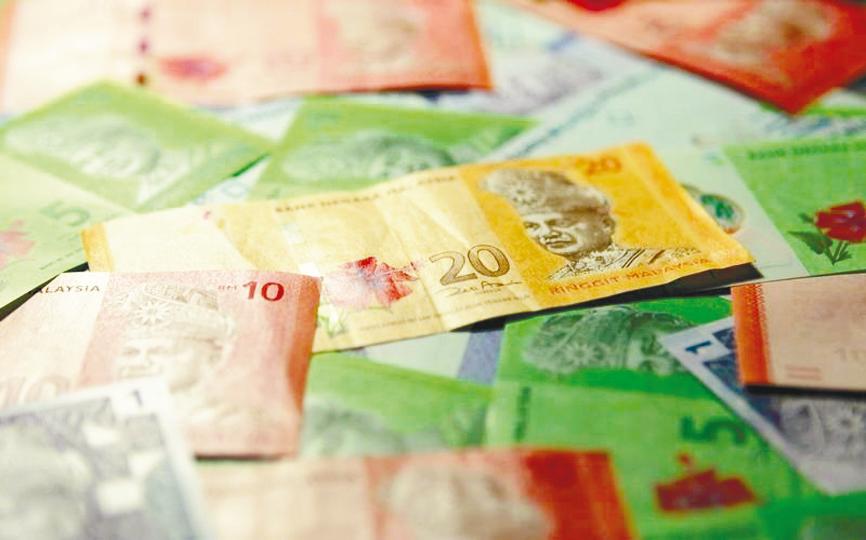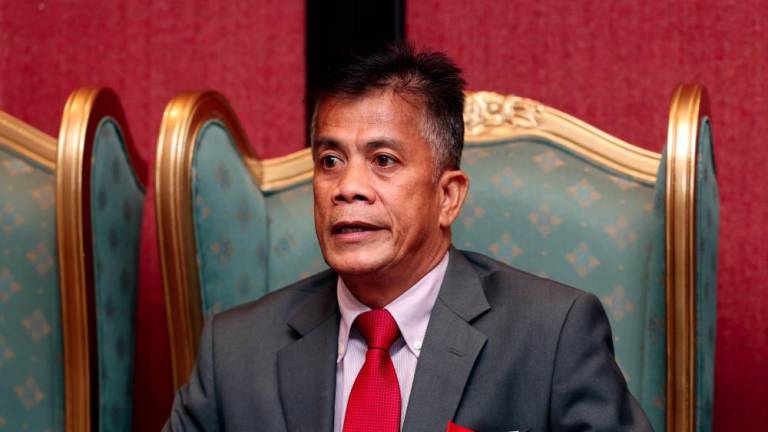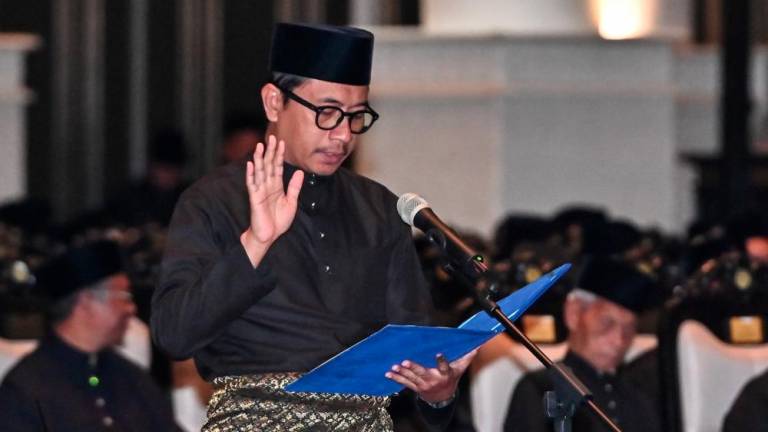1. The Special Voluntary Disclosure Programme (SVDP) for indirect tax was announced in the Pre-Budget statement. How does this programme apply to taxpayers?
The SVDP is a first for indirect tax, with the previous only being run for income taxes. While we are expecting specific details to be released in Budget 2022, it is likely to cover all taxes administered by the Royal Malaysian Customs Department (RMCD) including the Sales and Service Tax (SST), the former Goods and Services Tax (GST), customs and excise duties, and tourism tax.
At present, if a business makes an error in its reporting and underpays indirect tax, it can be subject to significant penalties, in addition to paying back the tax owed. A reduction or waiver of penalties is based on merits of each case. Due to the uncertainty around waivers, it creates a disincentive for voluntary disclosure. The SVDP serves to encourage businesses to become more compliant as the risk of penalties is removed.
2. What are some initiatives the government can introduce to assist homebuyers wishing to purchase properties as well as assist those who are struggling to keep their homes?
There are already various measures in place to assist home buyers such as real property gains tax and stamp duty exemptions on sales and purchase agreements as well as loan agreements. The Home Ownership Campaign (HOC) which is available until Dec 31, may be extended to boost the property market.
The current HOC only applies to new properties registered under the campaign by specific developers. The government could consider extending this campaign to the secondary markets, thereby providing a wider range of properties for homebuyers to choose from.
For those struggling to repay their home loans, the government could consider providing income tax relief on interest accrued on these loans after the moratorium period ends. For those in the B40 category, the government could consider incentivising the financial institutions to waive the interest accrued by providing additional tax deductions.
3. As an individual taxpayer, are there any goodies I can look forward to?
To provide some financial relief, the government can consider additional tax reliefs for expenses incurred during the pandemic such as Covid-19 self-test kits, PCR or Antigen tests, “working from home” set up costs, or a one-off special tax relief of RM2,000 which was introduced in the Year of Assessment 2015.
We also hope the government will give due consideration to exempt employee allowances or benefits received, where employers provided financial aid to employees or their family members on the costs of Covid-19 treatment and medical supplies for virus prevention purposes.
4. How can insurance tax relief be revisited for the benefit of the rakyat?
One possibility is widening the life insurance tax relief to grant parents relief when they buy insurance for their children. Currently the relief is only given to the taxpayer and spouse. This is in line with the government’s goal towards expanding insurance protection for the rakyat. It is also timely to consider splitting the tax relief for medical and education insurance into separate reliefs to encourage better take-up of medical coverage. As such, they won’t have to choose between protecting their health and saving for their children’s education.
5. Transfer pricing (TP) seems to be the hot topic these days. Are any amendments or new compliance requirements expected in this Budget? Can some concessions from TP compliance for SMEs be expected?
Three major TP changes were instituted through the Finance Act 2020, which signify and enhance compliance standards expected by the Inland Revenue Board (IRB). While we do not expect new compliance requirements, TP continues to be an area of focus for the IRB and tax authorities globally. The IRB is aware of the plight of SMEs due to the pandemic. Thus, recent clarifications were provided on the requirement to maintain contemporaneous documentation. To enhance tax compliance among taxpayers, we hope that costs such as professional fees incurred to ensure TP compliance would be accorded full tax deduction without any threshold.
6. We have been hearing about a global minimum tax (GMT) deal. How will this impact companies in Malaysia?
On Oct 8, 2021, a statement agreed by several member jurisdictions was published by the OECD/G20 Inclusive Framework on Base Erosion and Profit Shifting. Although there is an agreement in-principle for a GMT rate, the statement acknowledges that all countries are sovereign and may decide their own tax policies. However, harmful tax competition and aggressive tax planning need to end. If a Malaysian company is part of a global multinational enterprise (MNE) and its effective tax rate is lower than 15% due to tax incentives, then it is likely that the MNE group would be subject to top-up tax covering its Malaysian operations in the jurisdiction of its headquarters. This would represent an overall increase in taxation for the group hence negating the incentive benefits.
Since the top-up tax would likely be collected by the tax authorities of other jurisdictions, it remains to be seen if Malaysia will introduce any rules that would ensure that such top-up tax be paid in Malaysia instead and whether other measures would be considered to preserve Malaysia’s attractiveness as an investment destination. In any case, there will be a formulaic substance carve-out rules on tangible assets and payroll to recognise the importance of economic substance. This would cushion the impact of top-up tax in other jurisdictions.
7. There is a perception that financial institutions can do more to help businesses recover from the pandemic. What are your thoughts?
The pandemic has reaped a toll on businesses and as businesses shutter, the credit taken goes bad and banks are saddled with the loss. Banks cannot recover the capital they have employed and this has a knock-on effect on future lending. The government should look at how tax rules can help cushion this blow, perhaps by incentivising business rescue financing, similar to how financial rescue of abandoned housing projects was incentivised several years ago, and perhaps giving a special tax credit equal to the losses suffered as a result of debts going bad.
Tax incentives can also be used to encourage lending and investment in specific projects and market segments in line with the government’s objectives such as tax breaks for investors in strategic infrastructure projects that improve internet connectivity, environmentally sustainable projects, and projects that support the B40 community.
This article was contributed by Deloitte Malaysia’s tax experts.














